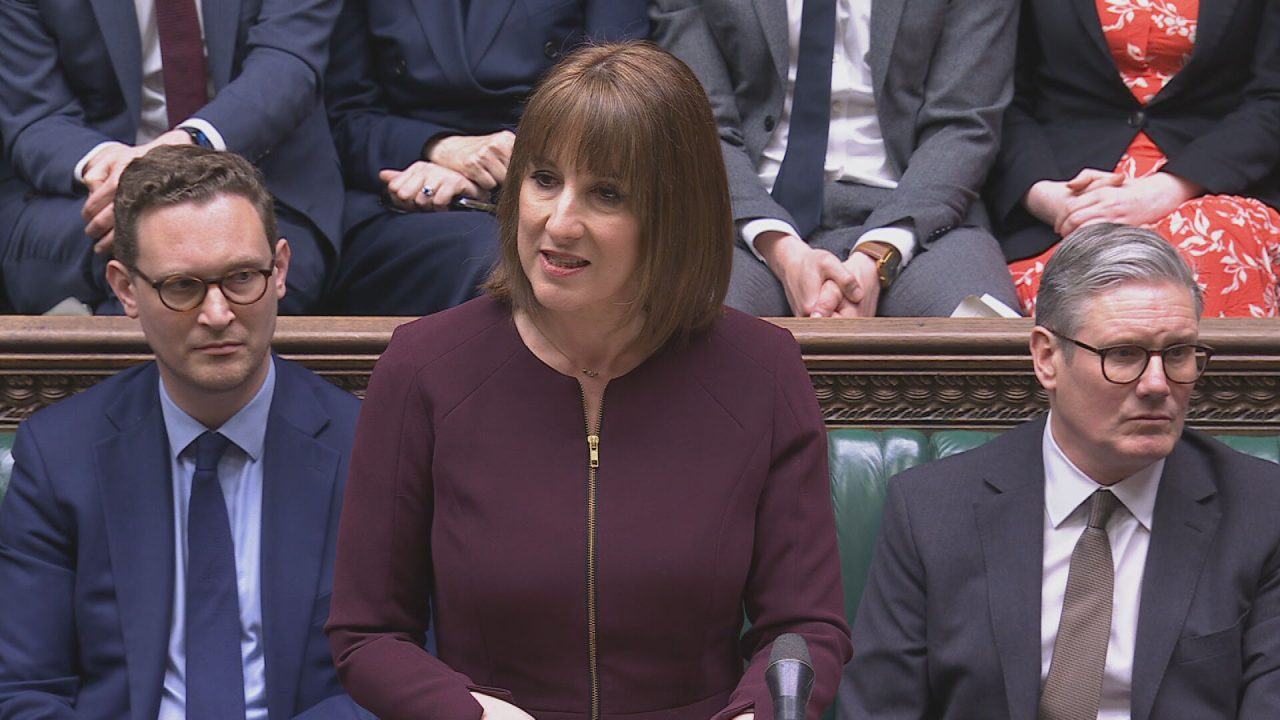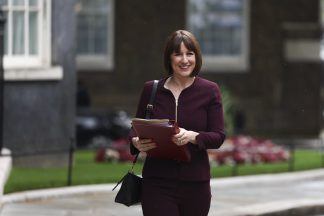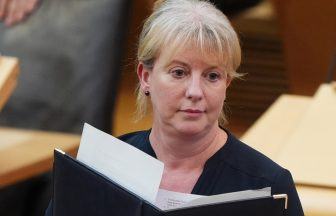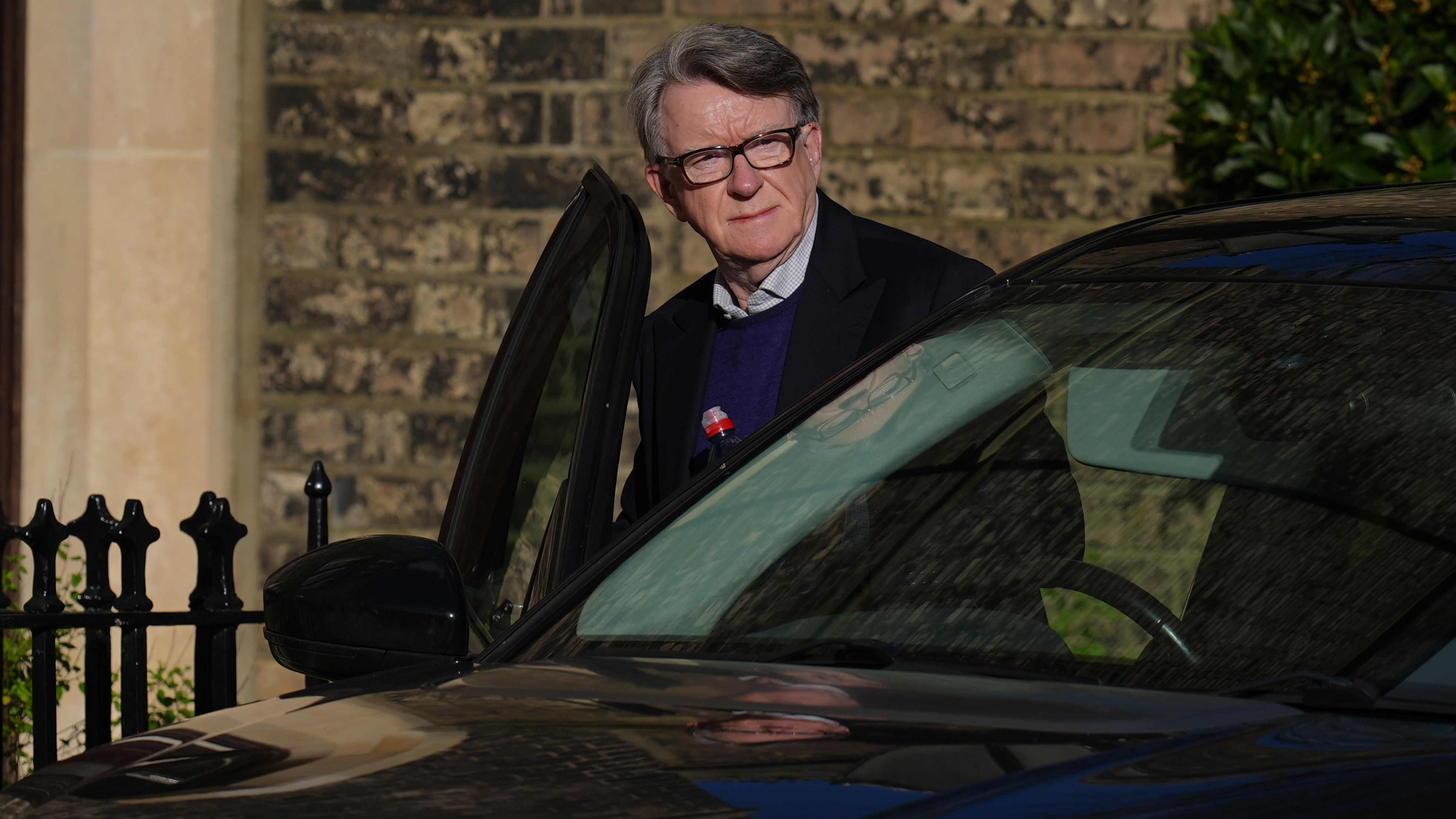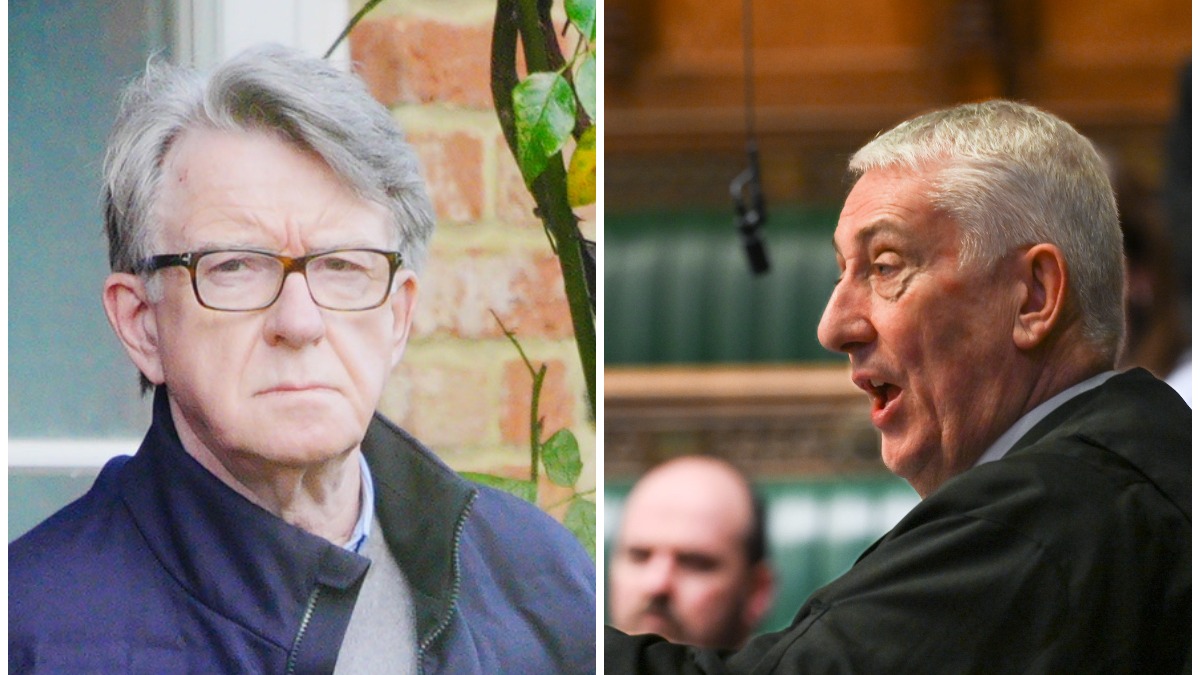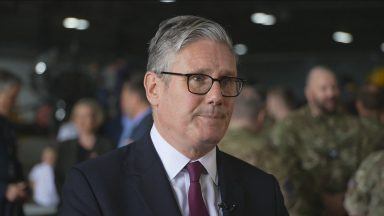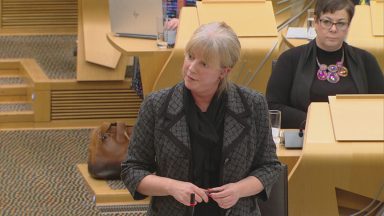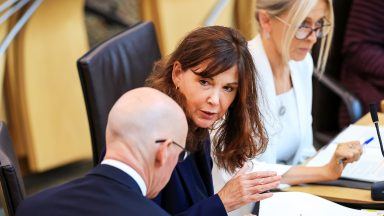Key Points
-
 Universal Credit for health to be cut by 50% to £50 a week in 2026/27 for new claimants and then frozen
Universal Credit for health to be cut by 50% to £50 a week in 2026/27 for new claimants and then frozen -
 However no further tax increases were announced
However no further tax increases were announced -
 Reeves is planning to make £3.5bn cuts to government running costs – including cuts to UK civil service
Reeves is planning to make £3.5bn cuts to government running costs – including cuts to UK civil service -
 The announcement will knock approximately £400m off the Scottish Government’s block grant by the end of the decade
The announcement will knock approximately £400m off the Scottish Government’s block grant by the end of the decade -
 A further £2.2bn funding investment in defence will be made from April
A further £2.2bn funding investment in defence will be made from April -
 New measures to crack down on tax avoidance ‘will save £1bn’
New measures to crack down on tax avoidance ‘will save £1bn’ -
 Welfare reform package ‘will save the government £4.8bn in total’
Welfare reform package ‘will save the government £4.8bn in total’ -
 UK fiscal outlook has deteriorated since October and GDP growth is expected to stagnate at 1% this year
UK fiscal outlook has deteriorated since October and GDP growth is expected to stagnate at 1% this year -
 Annual CPI inflation is forecast to rise from 2.5% in 2024 to 3.2% in 2025
Annual CPI inflation is forecast to rise from 2.5% in 2024 to 3.2% in 2025
The UK Government’s Spring Statement revealed a Universal Credit benefit will be halved and jobs will be slashed in the civil service, however no further tax hikes have been announced.
On Wednesday afternoon, chancellor Rachel Reeves delivered the statement in the House of Commons following Prime Minister’s Questions.
“As I promised in the Autumn, [this Spring Statement] doesn’t include any further tax increases,” Reeves said.
Further welfare cuts were also not announced as part of the statement, but changes to the sweeping packages announced last week will still impact people who claim disability benefits.
Reeves announced that Universal Credit for health will be cut by 50% to £50 a week in 2026/27 for new claimants and then frozen.
The chancellor also revealed plans to cut government running costs by £3.5bn by the end of the decade through a scheme of cuts and changes.
This will include voluntary exit schemes to reduce the size of the civil service. It’s been previously reported that this could impact around 10,000 jobs.
The chancellor announced a further £2.2bn funding increase for defence from April – a “significant step” towards a 2.5% GDP spend on defence.
Some of the changes don’t directly impact Scotland, but they will affect the amount of money that comes north from Westminster in the future.
The Scottish Government has estimated that the latest announcements will knock approximately £400m off of Holyrood’s block grant by the end of the decade.
The statement updates Parliament and the nation on the economy, public finances and progress against the Government’s economic objectives, set against the backdrop of a struggling economy.
The latest report from the Office for Budget Responsibility (OBR) revealed that the UK’s fiscal outlook has continued to deteriorate since the autumn.
The UK’s GDP growth is also expected to stagnate at 1% this year – half the rate of the October forecast – before it is expected to recover to around 1.7% over the rest of the decade.
Annual CPI inflation is also forecast to rise from 2.5% in 2024 to 3.2% in 2025, 0.6 percentage points higher than forecast in October.
The OBR also predicted that if global trade disputes escalate to include 20% rises in tariffs between the USA and the rest of the world, it could reduce UK GDP by 1% and reduce the UK’s surplus to zero by 2029.
With these worsening predictions, the Labour Government was looking at a £4.1bn deficit by 2029/30.
As a result, Reeves said her Government had taken decisive action to re-balance the books with sweeping welfare cuts and reforms and new plans to make civil service reductions and day-to-day spending cuts.
“It’s the job of a responsible government not simply to watch change,” Reeves said.
She said these challenging times “demand an active government” who is “on the side of working people” to help Britain reach its full potential.
The Spring Statement was made just over a week after the UK Government unveiled a sweeping package of benefit reforms aimed at making savings of £5bn by 2030.
It included changes to Universal Credit and job seekers allowance as well as new, stricter eligibility requirements for sick and disabled people receiving Personal Independence Payments (PIP). Labour is also set to raise the age at which people can claim PIP to 22.
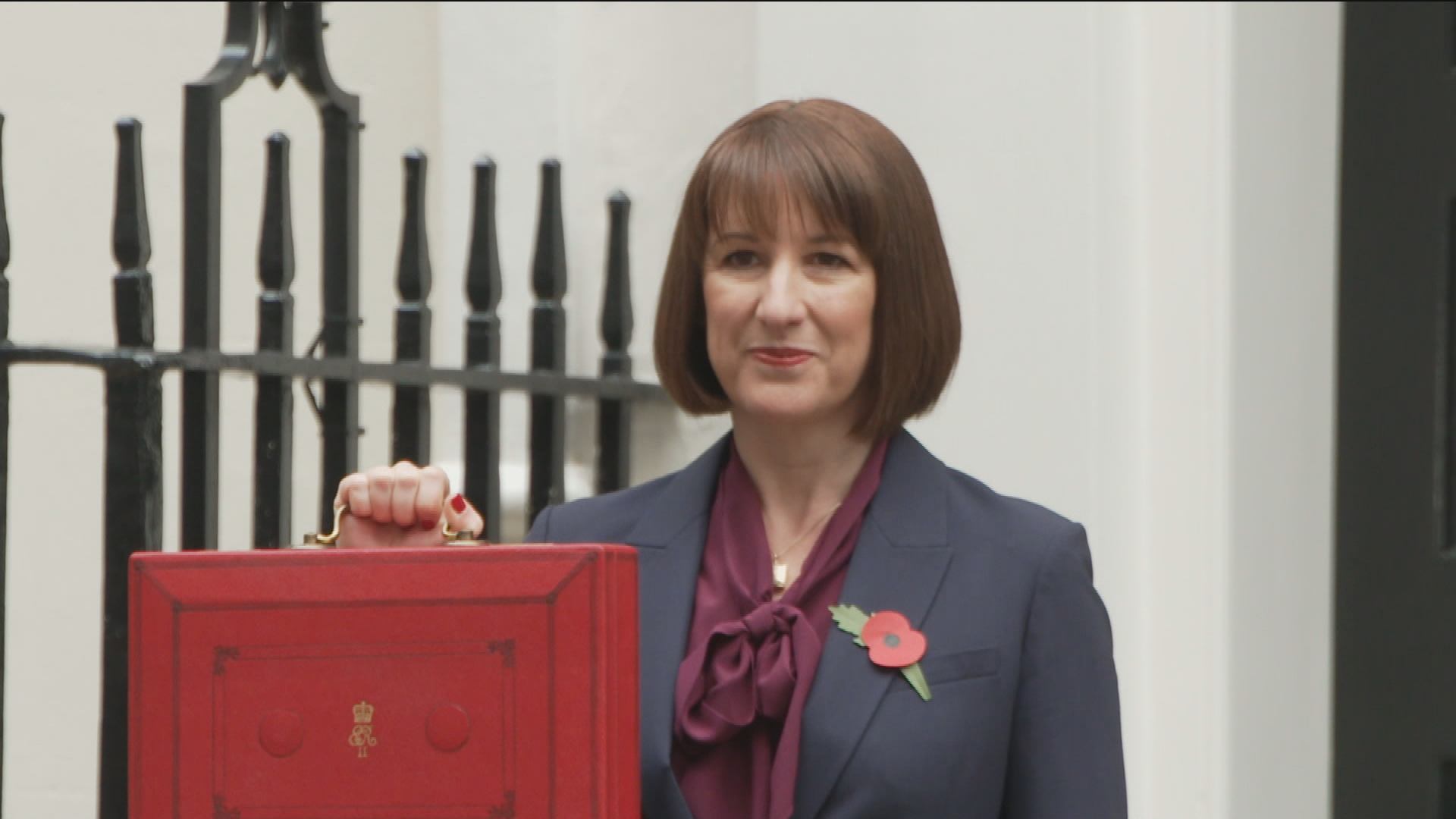 STV News
STV NewsReeves said on Wednesday that the final costings from the OBR have shown the cuts will save the Government £4.8bn in welfare costs. However, after taking the government’s employment support investments into account, the total savings are around £3.4bn.
“The Labour party is the party of work,” Reeves said.
“We believe if you can work, you should work. If you can’t, you should be properly supported. We inherited a broken system.”
However, Scottish finance secretary Shona Robison criticised the latest measures as “harming some of the most vulnerable people in society”.
“The UK Government appears to be trying to balance its books on the backs of disabled people,” Robison said.
Robison added that the UK Government is “still expected to short change” public services on additional employer National Insurance costs “to the tune of hundreds of millions of pounds”.
“This will be felt in public services that people rely on up and down the country – services such as our NHS, GPs, dentists, social care providers, and universities,” Robison said.
Ahead of the budget, there were concerns that Reeves’ statement would include further cuts to welfare benefits and other unpalatable moves – including rumours of tax hikes.
These fears did not come to pass, but Reeves did announce plans to cut the government’s day-to-day spending costs – including through civil service reductions.
“Our work to make this government leaner and more effective will deliver £3.5bn of day to day savings by 2029/30,” Reeves said.
It’s been previously reported that the reductions will put approximately 10,000 civil service jobs at risk.
The chancellor also announced a further £2.2bn funding increase for defence from April – a “significant step” towards a 2.5% GDP spend on defence.
The money will be invested in advanced technologies, including directed energy weapons which can hit a £1 coin from 1km away and take down drones from up to 5km away.
It will also be used to provide better homes for military families by refurbishing the defence estate and funding upgrades to infrastructure at His Majesty’s Naval Base Portsmouth.
Robison said Reeves’ choice to increase defence spending is “welcome”, but said “its choices to short-change public services and deliver austerity cuts to some of the most vulnerable are deplorable”.
Prime Minister Keir Starmer said on Wednesday that he had “full confidence” in his chancellor.
Follow STV News on WhatsApp
Scan the QR code on your mobile device for all the latest news from around the country


